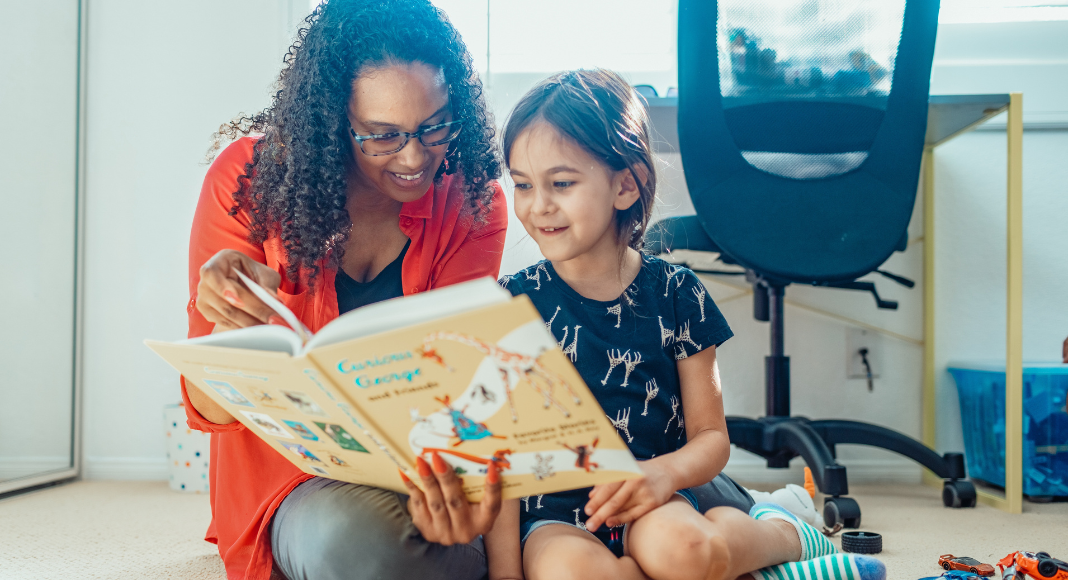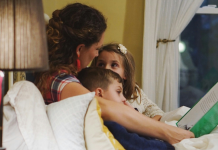Cute faces drawn on handprints, flowers waiting by your bed when you wake up, sweet homemade necklaces you cherish wearing, these are all endearing ways we can show love and appreciation to our mothers on Mother’s Day.
But what if your child’s mother cannot be surprised with breakfast in bed? Or what if your child’s mother is a momma who cannot be around at all? These are questions, along with many more, that foster parents, kinship parents, and all sorts of unconventional parents may ask themselves around days honoring parents.
Maybe this Mother’s Day, you need to find a new rhythm for your family to honor all the mothers in your children’s lives.

The creation of Mother’s Day happened in the 1900s by Anna Jarvis “as a way of honoring the sacrifices mothers made for their children.” The beauty of a real sacrifice is its intrinsic altruism; the act of giving up something valued for the sake of another, expecting nothing in return. Mothers sacrifice their sleep-in Saturdays, their car floor and their bathroom privacy for the sake of their children and their well-being. These are mostly sacrifices we can see or feel, but many mothers have to give up much more than concrete things.
As a foster parent, the children in my home have mothers that they do not live with or see everyday, or even every week. This absence is very hard on the children and is a deep pain for the mother that only those who have experienced separation from their child can understand. The mothers of my children deserve to be honored for their motherhood. This can sometimes prove difficult for people to accept. Usually, I get strange looks and questions that go along the lines of, “Why honor somebody who chose not to be around? Who chose to abandon their child?”
And here is the key to answering their questions (not that you have to, momma, but for education’s sake):
They did not and would never choose to be separated from their child.
It still shocks me to get these questions, sometimes thinly veiled judgements or even fleeting faces of horror surrounding the idea of children honoring parents who “aren’t around,” and especially mothers. But I’ve gotten pretty good at letting it roll off knowing it is always better for a child to know their parents. So how do we honor them?
Regardless of the mother’s involvement in our children’s lives, we celebrate mothers on Mother’s Day. We read books about what mothers do for their children. We talk about our feelings surrounding mothers (allowing all feelings to be shared safely). And then we let the child guide. Some want to pick flowers from the yard to give to their mom, some want to send a Snapchat video, some want to have a picnic with their mom, and some want to honor a different woman in their lives. All of which are wonderful ways for the child to celebrate Mother’s Day, their way.
These can be delicate situations with any mother-child relationships, but when turning the lens to children without their mothers, we can attune ourselves to their needs and wishes surrounding Mother’s Day.
What is a new rhythm your family has found for new terrain?













